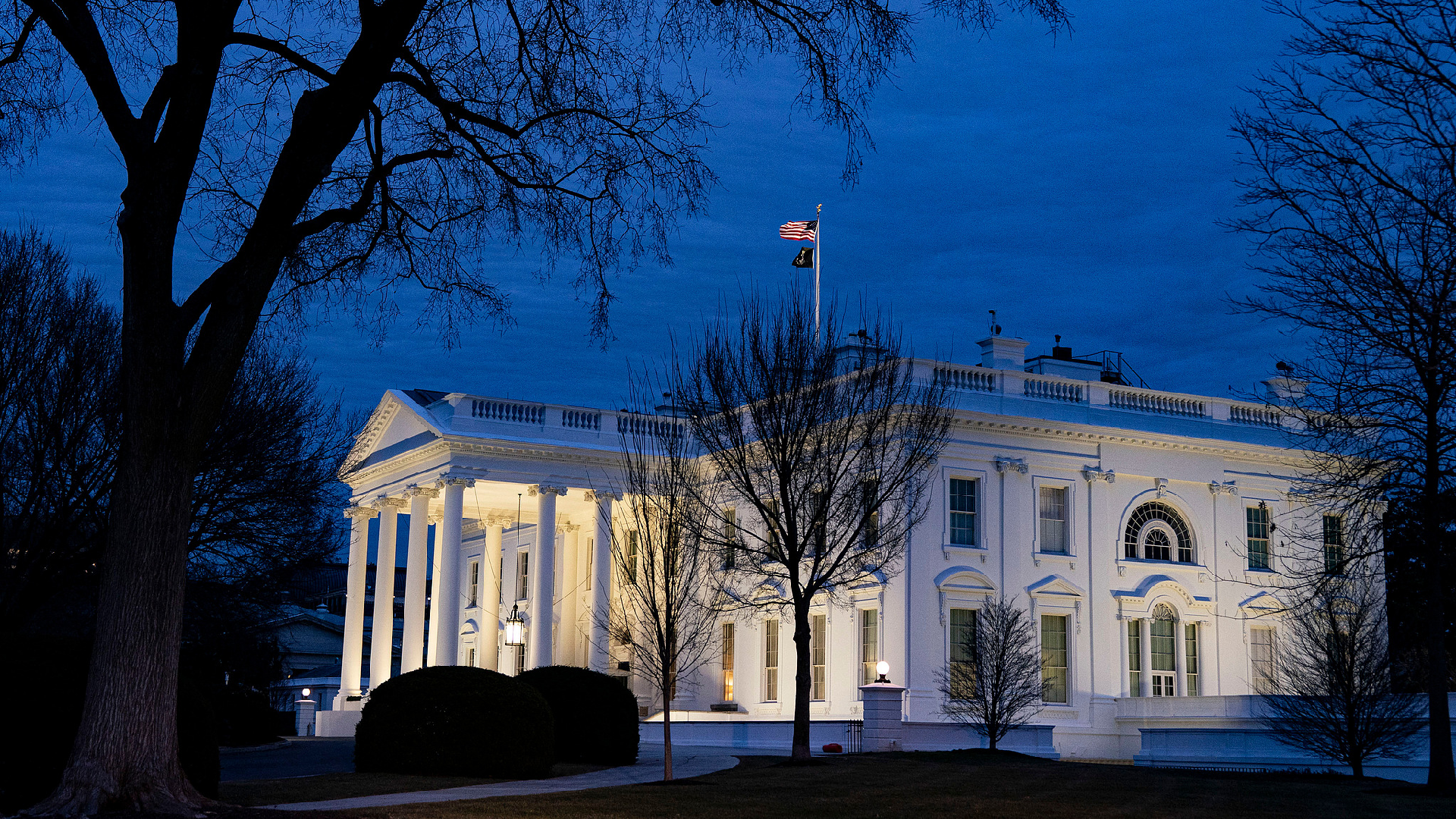US tariffs lead to higher costs, warn officials and economists
Government officials and economists have expressed their concerns regarding US President Donald Trump’s choice to implement new tariffs on key trade partners, including Canada, Mexico, and China, beginning February 1. They caution that the US tariffs will likely lead to increased costs for consumers in the US and exacerbate tensions in trade relationships with other nations.

**Mexico condemns US tariffs**
Mexican Economy Minister Marcelo Ebrard took to social media platform X to state that Trump’s executive order imposing 25 percent tariffs on Mexican goods represents a "flagrant violation" of the United States-Mexico-Canada Agreement. He emphasized that this action is akin to the US "shooting itself in the foot" and would ultimately undermine its own economic interests.
Mexican legislator Ricardo Monreal described the tariffs as "absurd, illegal and an abuse of power," categorizing them as one of the most significant economic attacks against Mexico since its independence. He declared that Mexico cannot acquiesce to such a sweeping unilateral decision that threatens its economy, violates its sovereignty, and adversely affects its citizens.
Moreover, Ignacio Martinez, an international affairs expert from the National Autonomous University of Mexico, noted that the adverse impacts of the tariffs would mostly affect Mexico's manufacturing and export-centric regions, especially in the central and northern areas. He also pointed out that the southern region might experience economic difficulties due to a possible decline in remittances from Mexican migrants in the US, leading to reduced purchasing power and heightened poverty.
**Canada retaliates to US tariffs**
Canada has reacted strongly as well, with Prime Minister Justin Trudeau announcing retaliatory tariffs of 25 percent on US goods valued at 155 billion Canadian dollars. An article by the Public Policy Forum highlighted that tariffs are borne by importers rather than foreign governments or exporters, and these costs are often passed on to consumers. "That's why there are no winners in a trade war — everyone pays and hurts," the article stated.
Economist Trevor Tombe from the Public Policy Forum projected on Monday that a trade conflict could result in a 4.1 percent increase in consumer prices in Canada.
**China vows to take countermeasures**
In response to the Trump administration's additional 10 percent tariffs on Chinese goods, China's Ministry of Commerce announced plans to file a complaint with the World Trade Organization and implement corresponding countermeasures aimed at firmly protecting its rights and interests.
In a statement released on Sunday, the ministry expressed hope that the US would approach issues such as fentanyl objectively and rationally rather than resorting to tariffs as a means of pressure. The statement further urged the US to amend its stance, emphasizing that both countries should aim to meet in the middle.
**Think tanks: Tariffs will also harm US economy**
The American think tank Atlantic Council reported that US refineries would face higher prices for crude oil imported from Canada and Mexico as a result of the tariffs. A Tax Foundation analysis projected that these tariffs against Canada, Mexico, and China would result in a 0.4 percent contraction of the US economy and represent an increase in taxes for each American household, averaging $830 by 2025.
Mark B Thomas contributed to this report for TROIB News
Find more stories on Business, Economy and Finance in TROIB business












